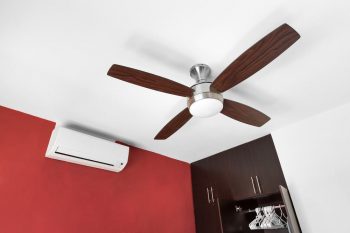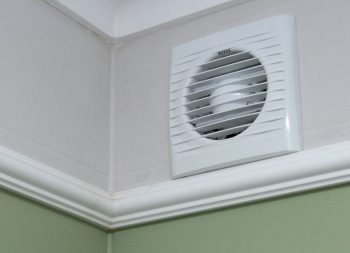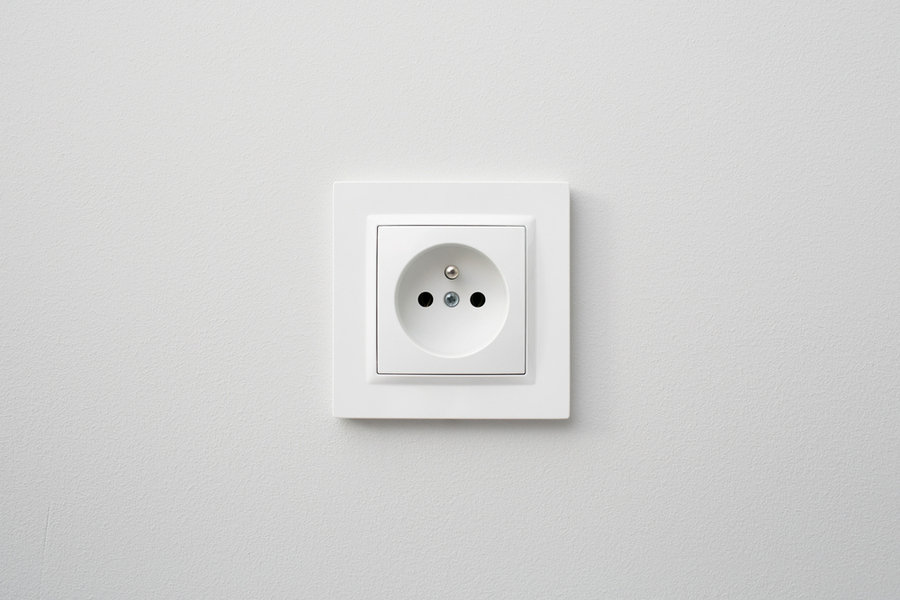
Hearing buzzing sounds from a wall outlet is quite common in most homes, especially when you plug in electronic devices. However, while it is common, it doesn’t mean you should ignore it when it happens.
Instead, you should take immediate steps to fix it. You can perform simple troubleshooting procedures yourself if you know the cause of the issue and where to check. So, why might your wall outlet make a buzzing noise?
Most residential wall outlets use alternate currents with a polarity that changes 50 times a second. Most times, the changeover produces no noise. But when the current is interrupted, you will hear a buzzing or humming sound.
Some common reasons the current is interrupted, and you hear the buzzing noise includes the following:
- Loose connections
- Breaker issues
- Improper installation
- Poor outlet quality
- Electricity imbalance
- Temperature changes
Your wall outlet making a buzzing noise can lead to dangerous situations, so always turn off power at the circuit breaker when working with an electrical outlet.
Also, consult a certified electrician before changing your home’s wiring.
This article explains why your wall outlet is making a buzzing noise and how to fix it.
6 Reasons a Wall Outlet Might Make a Buzzing Noise
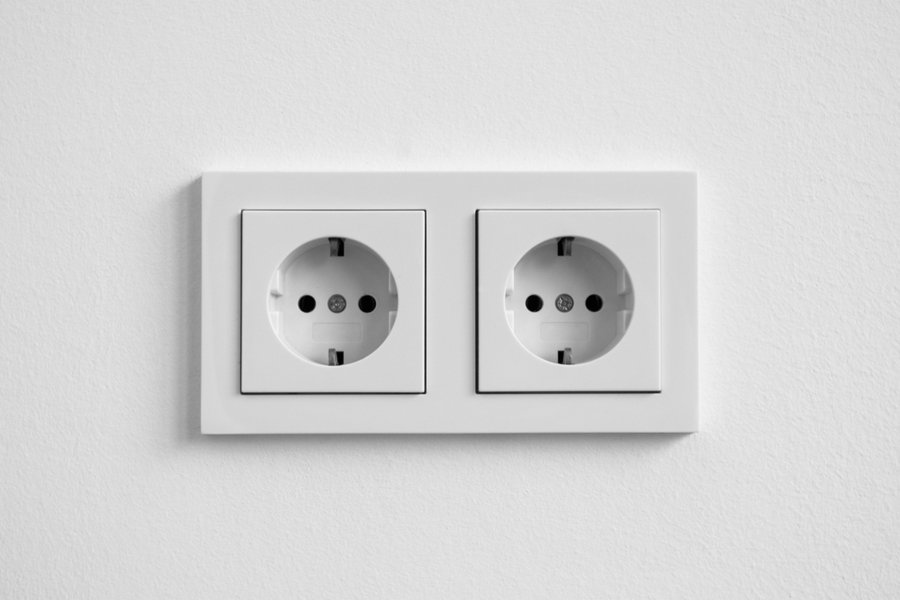
Regardless of the underlying issue for the buzzing wall outlet, it can result in problems with electrical function. The buzzing noise you hear on your wall outlet results from electrons moving between atoms which can produce heat.
At 50+ cycles a second of high voltage alternating current, this defect exposes your home to the risk of fires, electric shock, and other dangerous situations.
Never ignore a buzzing outlet; quickly turn off the outlet if you can, and perform the following troubleshooting procedures to understand why the outlet is making a buzzing noise and perhaps fix it.
When fixing anything electrical-related, always wear an insulating glove and work boots for safety reasons.
1. Loose Connections
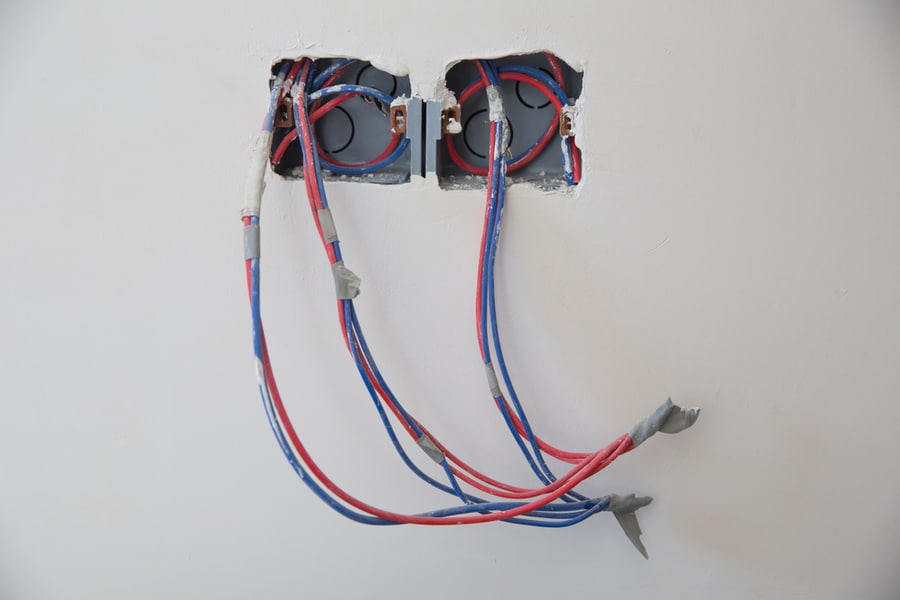
The first thing you want to check out for when you hear a buzzing noise from your wall outlet is if there are any loose connections. As your house gets older, it’s normal for the wires inside the outlet to become loose.
As such, it is advisable to inspect your home’s electrical work if it’s older than 30 years to ensure they are operating efficiently.
If the connection on any outlet is loose, the electron jumps between the gap, producing tiny sparks, creating the buzzing noise you hear.
You can easily fix this issue with a screwdriver by tightening the wires. Sometimes, you might need a plier and tape. If anything is damaged, replace it before fitting them back together.
2. Breaker Issues
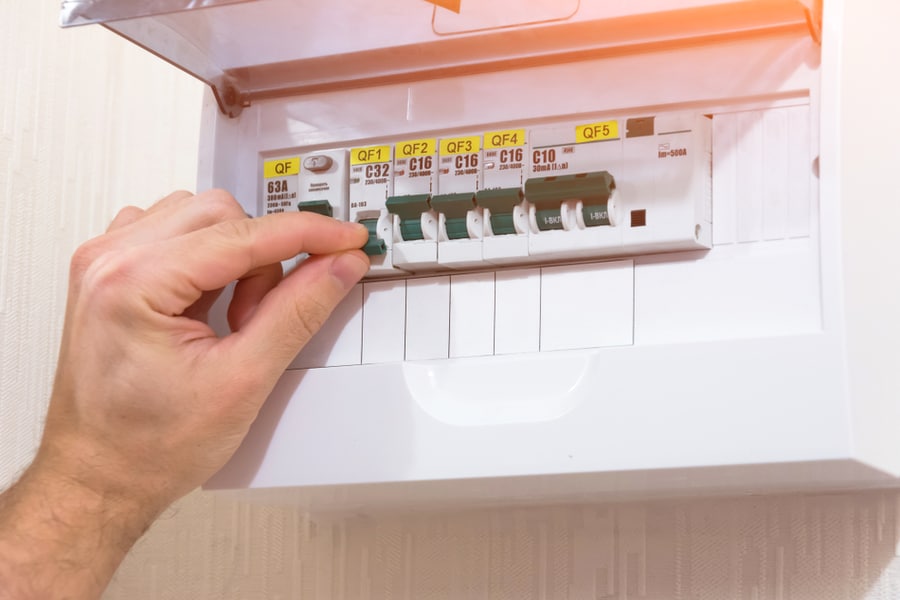
In some cases, the circuit breaker might be the issue. The circuit breaker is a safety device that protects your home from overcurrent.
As per the National Electrical Codes 230.72A, a main service panel can have up to six main breakers. So, if you are experiencing a buzzing noise from your outlet, check the breaker linked to it.
Check for loose wires, signs of damage, or even the amps the circuit breakers are putting out if it is too many or few. If the circuit breaker is damaged, replace it to solve the issue.
3. Improper Installation
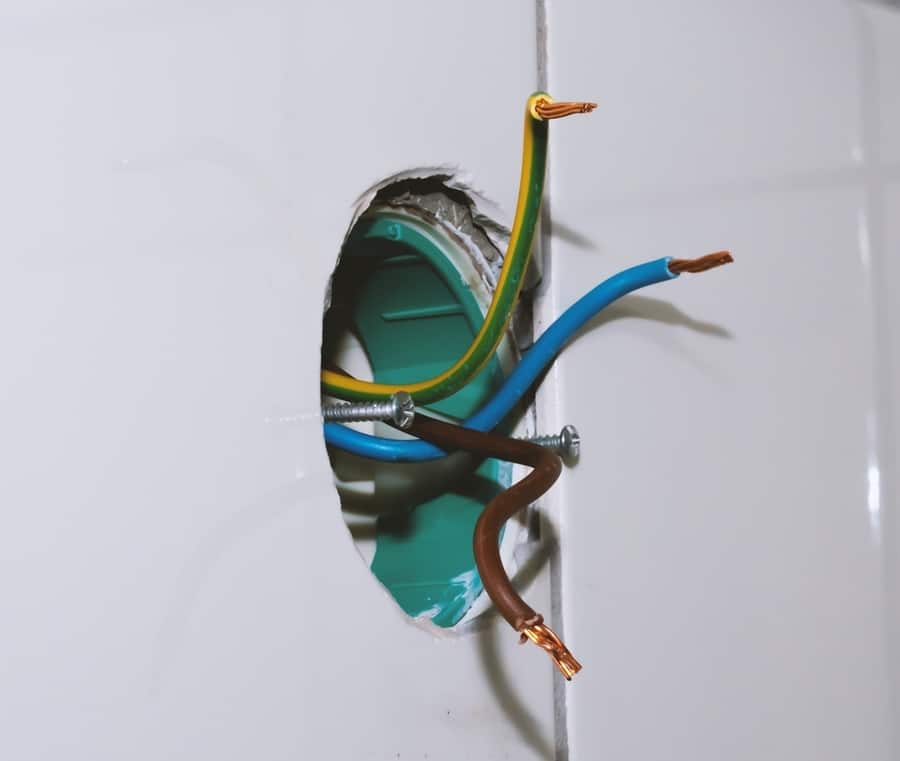
Another reason you might be experiencing a buzzing noise from your wall outlet could be an improper installation of the outlet. An improper installation is a serious issue that can result in fires, electric shocks, appliance damage, etc.
Dealing with installation problems often results in hiring an unqualified person to handle your electrical work. Whether it is a DIY project you want to execute or a local handyman you hire, if the quality is not up to standard, you will have more problems.
4. Poor Outlet Quality
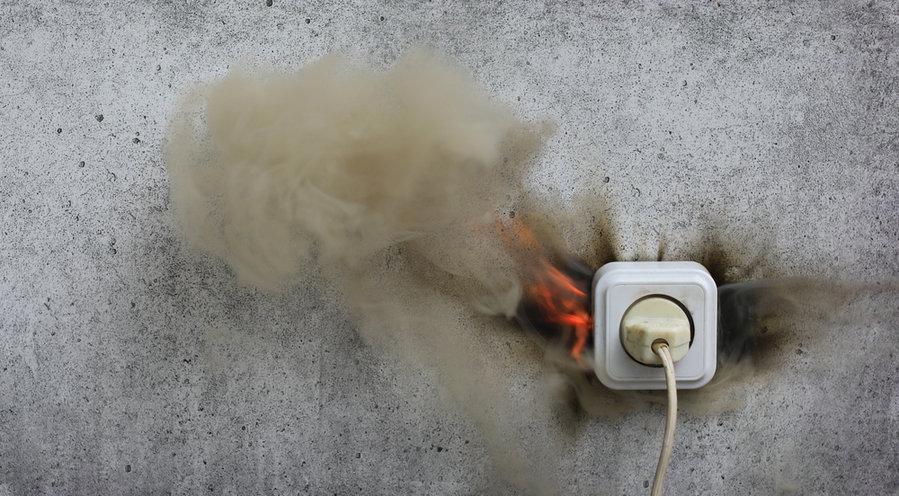
The quality of the outlet is a vital feature to look out for if you plan to install it yourself. Take note that different outlets have amperage and voltage ratings depending on the type of electronic device you will use.
Using an outlet with a lower amperage rating than what the device plugged into it is drawing will cause buzzing noise, overheating, and eventually failure.
Also, when you use an outlet that ought to have a fuse but doesn’t, it exposes your device to damage from spikes in the electricity.
So, if you are still determining the right outlet quality for a section in your home, always consult an expert. Also, follow the standard requirements in every case, and don’t try to cut corners because you want to reduce costs.
5. Electricity Imbalance

When the electricity entering the outlet fluctuates, it could generate a low electrical buzz. While this issue may result from a faulty connection in your home, other times, it is an issue from the power grid.
If you find yourself in a situation with a general electricity imbalance, it’s advisable to turn off your main circuit breaker if it has not yet automatically tripped off.
But if the issue results from a faulty connection in your home, it is best to consult a professional, as many areas in your home can cause this issue.
6. Temperature Change

Temperature changes in your home can also be responsible for the buzzing sound you hear from the outlets. It can cause the electrical wiring to expand or contract. As such, it can lead to loose connections, which can cause a buzzing noise on the outlet.
When your wires become loose, you need to open up the outlet and tighten them. But remember that handling loose wires can cause electrocution, so take caution. Better still, call a professional to handle the loose wire issue to prevent shocks or cause a fire.
Conclusion
As you can see from this guide, it is crucial to fix a buzzing outlet as soon as you notice it. This is because it can be a signal to an issue that could lead to fire, electrocution, and other lethal scenarios.
If, after troubleshooting it, you can pinpoint the cause of the issue, you can go ahead and fix it. However, in cases where the issue is severe, ensure you contact an expert for professional services.
Frequently Asked Questions
What Should I Do if the Outlet Is Warm To the Touch?
Firstly, you shouldn’t touch the outlet with your bare hands. But if the outlet is warm, it means the buzzing sound is potentially turning into a fire hazard.
In such cases, you should disconnect the main circuit breaker. Or if you don’t want to do that, consider reducing the load on the outlet as an overload can cause an outlet to heat up.
Is an Electrical Outlet Dangerous When It Buzzes?
While a buzzing outlet is common, it can be a dangerous situation. It’s a sign that the outlet is on the verge of damage which can cause fire, electric shocks, damaging other electronic devices, and so on.



